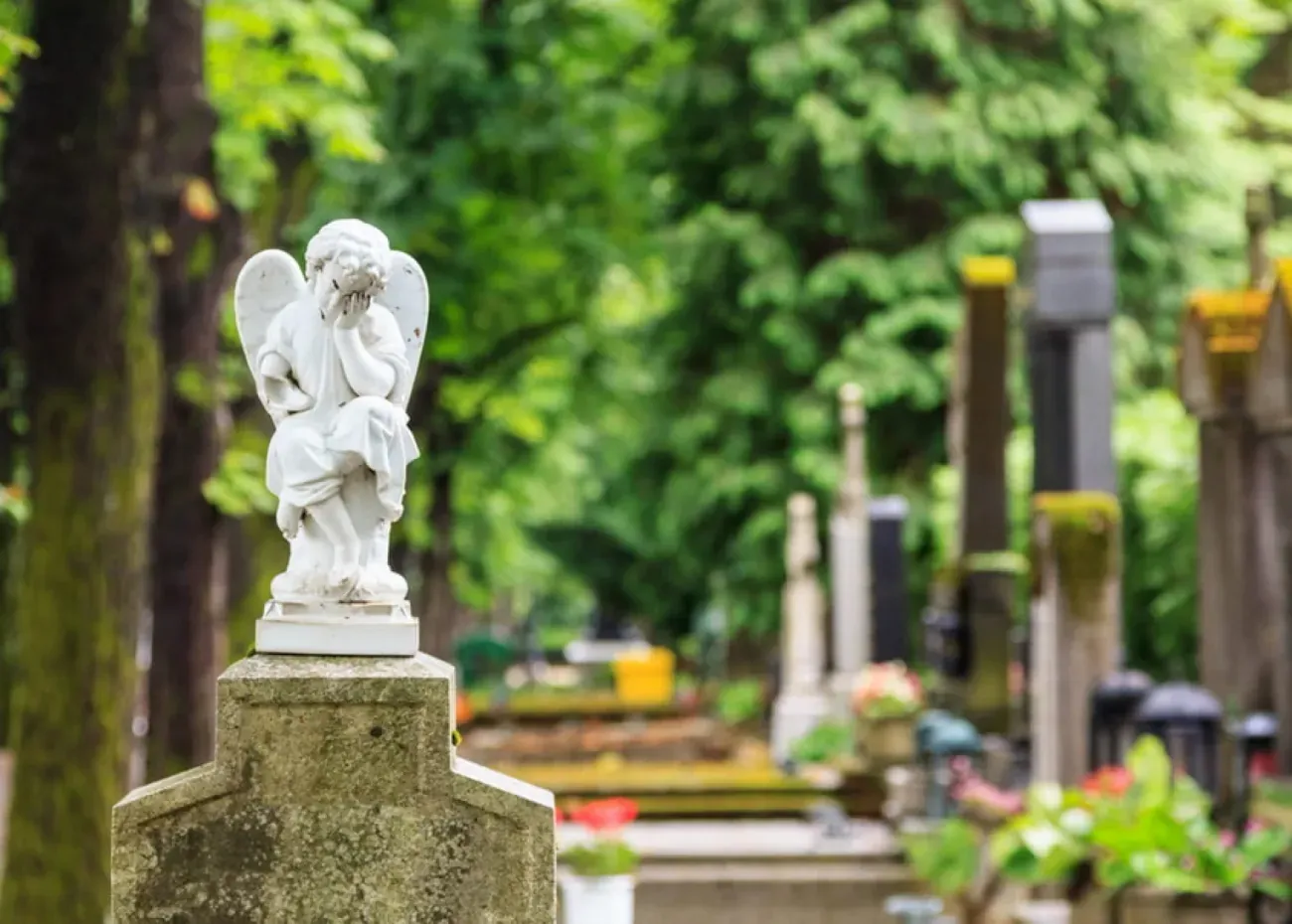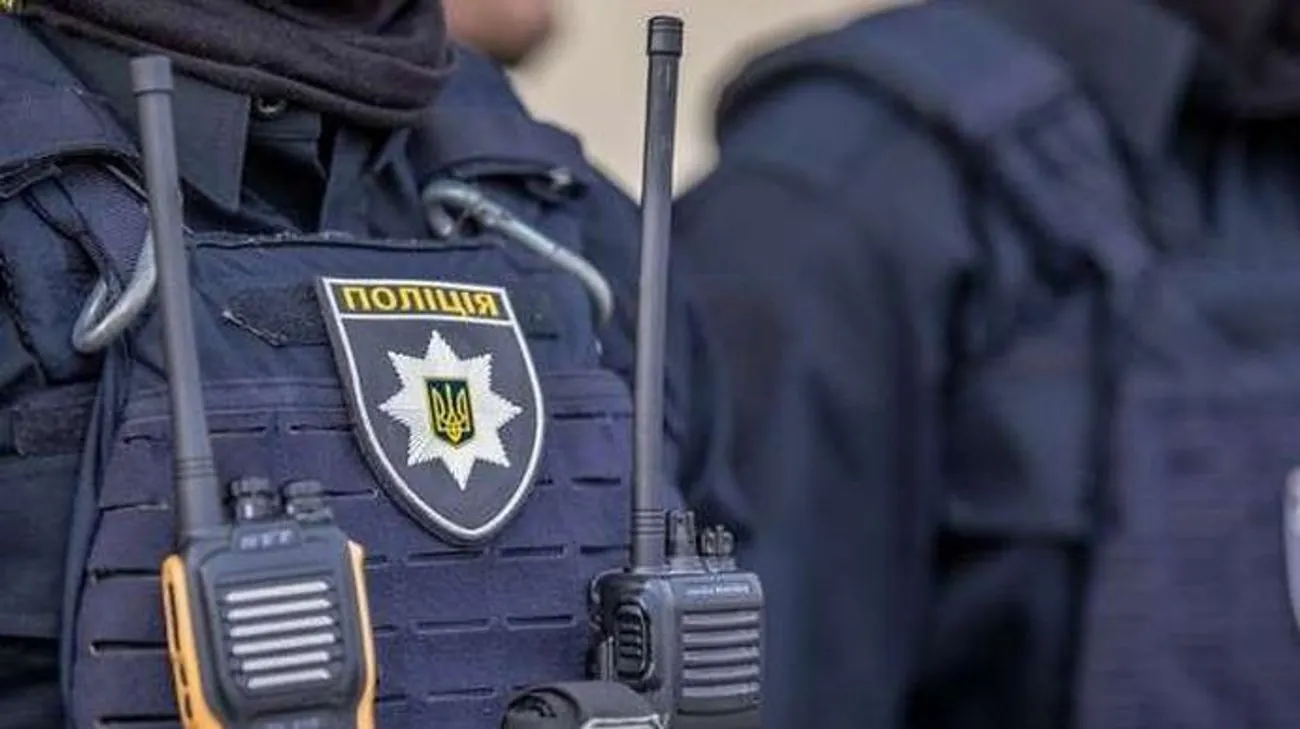Seeing off 2025: how to commemorate the dead and what are the safety measures this year
Kyiv • UNN
April 27, 2025, marks the beginning of the Commemorative Week – a time to honor the deceased. Traditions, permissions, prohibitions, and safety measures in various regions of Ukraine during the Commemorative Days.

Like every week according to church regulations, the Week of Remembrance begins on Sunday. In this case, the second after the feast of the Resurrection of Christ. This year, Christians of the Eastern and Western rites celebrated Easter on April 20, which means that April 27 marks the beginning of the days of honoring deceased ancestors. UNN will tell you what traditions and prohibitions are in effect during this time.
The days of honoring deceased ancestors are called differently in different regions of Ukraine. For example, in the center of Ukraine, Podillya and Volyn, the names hrobki and mohylky are used. In Polissya and Chernihiv region, these days are more often called Radovnytsia (Radonitsa). In the Dnieper region and the South of Ukraine - Wires, Memorials.
There are also variants of the names Grandfathers and Women's Easter.
Usually, on the ninth day after Easter, people visit the graves of their deceased relatives to share with them the joy of the Resurrection and to honor their memory. However, some people visit the cemetery on Sunday or Monday. It all depends on local customs.
Orthodox calendar for 2025: dates of the great feasts31.12.24, 19:30 • 256870 views
Traditions
Annual commemorations of relatives existed in pre-Christian times. Our ancestors also chose the spring period for this, in which the awakening of nature symbolized the infinity of the life cycle and the joining of people who had already died to this cycle.
After the adoption of Christianity, the clergy initially condemned such holidays, considering them pagan rites. However, over time, memorial days became part of church commemorations. The celebration of Wires was standardized. However, the traditions and rituals inherent in pre-Christian times continued to be condemned.
For example, on these days it was considered a sin to grieve, because the dead should rejoice that their relatives remember them. The custom of having fun on Memorial Sunday has been preserved in Polissya and central Ukraine until now.

What to do during Memorial Week
Before the Wires, it is customary to visit the cemetery to tidy up the graves of relatives. Usually people weed, plant new flowers, wash monuments and update plaques.
Depending on local customs, on the Sunday, Monday or Tuesday of the lead (this year it is April 27, 28 and 29), relatives gather together at home or directly in the cemetery at a common table to pray for the deceased relative and pay tribute to him. On this day, panikhidas are usually ordered in churches - priests pray for the repose, mentioning the deceased by name.
In some regions, memorial services were traditionally held directly at the cemetery with the consecration of graves. After that, according to Christian tradition, the priest gave people a piece of specially baked unleavened Easter bread, which had been in the church from Easter to Wires.
It was kept and taken on the road as a protection against evil forces, given to people to eat from illness or placed in the coffin of the deceased.
National Military Memorial Cemetery: how and when to apply for burial07.08.24, 15:56 • 109049 views
Memorial table
Wires are a way to commemorate deceased relatives and friends, so to speak, by sharing a meal with them. This is not a reason to organize a lavish feast, so the memorial table usually consists not of traditional dishes for daily use, but of special ones. In particular, consecrated bread (or Easter cake) and koliva.
The recipe for memorial koliva (kutya) may coincide with the Christmas recipe, but it is usually less sweet. The use of cereals in koliva symbolizes the continuation of the family, and honey was credited with the ability to cleanse from sins. According to tradition, koliva is usually eaten with one spoon, just as they symbolically drink alcohol from one glass. Part of the bread, koliva and a separate glass are left on the grave of the deceased, who seems to visit the living during the meal. Also, for the same purpose, some people leave sweets on the grave.
According to other beliefs, the dishes are intended for birds, which are the reincarnation of the dead.
Live flowers or dried flowers, lamps and candles are also brought to the cemetery, which are lit during the service in the cemetery.

What not to do at Wires
When visiting the cemetery, it is forbidden to have loud fun, shout and violently express your grief. It is believed that this may disturb the soul of the deceased. It is not recommended to clean the cemetery on these days, because all work must be done before the Memorial Days.
Pregnant women and small children are advised to refrain from visiting the cemetery, as ancestors believed that the dead might try to "take a young soul." Also, according to popular belief, when visiting the cemetery, you should not turn back - this way you can "take the soul of the deceased with you."
There is a belief that on these days the dead hear everything, so it is better not to call them the deceased, but to address them by name.
It is forbidden to organize loud feasts and smoke in the cemetery. You can't take anything from the cemetery home.
Security measures on Memorial Days

Memorial Days 2025, like last year, will be held in the context of the war. Therefore, when going to cemeteries, Ukrainians should remember about security measures. The National Police is also making efforts to ensure that the usual traditions are as safe as possible.
Now there is an inspection of individual cemeteries for their safety. This applies primarily to frontline and de-occupied territories
He also added that decisions to ban visits to individual cemeteries in individual territorial communities have already been made in Kherson, Zaporizhia, Kharkiv and Zhytomyr regions. The total number of such "forbidden" cemeteries is more than a thousand.
According to Seredynskyi, another danger may be strikes on cemeteries due to the accumulation of people on them. A sad example is when the Russians struck the center of Sumy on Palm Sunday.
"The enemy may regard this as an accumulation of military personnel, and accordingly try to strike at such areas", he noted.
In particular, residents of Sumy region are also advised to refrain from visiting cemeteries within 20 kilometers of the Russian-Ukrainian border due to the threat of explosive objects there.